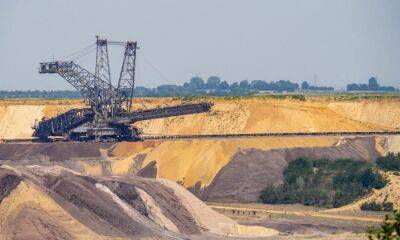Bitcoin could become a zero-emission network: Report
A pro-Bitcoin mining report from self-proclaimed philanthropist Daniel Batten has claimed that Bitcoin could become a zero-emission network.
The report builds upon data from the Bitcoin Mining Council to understand the impact of carbon-negative energy sources on Bitcoin’s (BTC) overall carbon footprint. Following an investigation and extrapolation of the results, it claims to then “predict when the entire Bitcoin network becomes a zero emission network.”
But how does the network become carbon-negative in the first place? Put simply, by combusting stranded methane gas to mine BTC that would have otherwise been emitted into the atmosphere. The study finds that this process, which already happens worldwide, reduces the network’s emissions by 63%.
The study uses data from various flare gas BTC miners, including Crusoe Energy in Colorado, Jai Energy in Wyoming and Arthur Mining in Brazil. It also touches upon miners using waste gases from animal waste — such as those in Slovakia — to illustrate that Bitcoin mining can positively impact the environment by preventing the emission of harmful methane gases.
While central bankers and mainstream media continue to snipe at Bitcoin’s energy-intensive mining process, it appears that mining could be a viable route to cutting emissions. According to a report from the United Nations, “Cutting methane is the strongest lever we have to slow climate change over the next 25 years.” By eliminating gas flaring or animal waste biogas emissions, Bitcoin miners around the world are working toward the zero-emission goal.
Cointelegraph reporter Joe Hall interviewed a Northern Irish farmer who recently began trialing Bitcoin mining. Owen, the farmer, told Cointelegraph that mining Bitcoin using farm
Read more on cointelegraph.com




![Bitcoin [BTC]: Should investors expect bullish correction this month - ambcrypto.com - city Powell, county Jerome - county Jerome](https://finance-news.co/storage/thumbs_400/img/2022/9/2/39430_mm9.jpg)



















